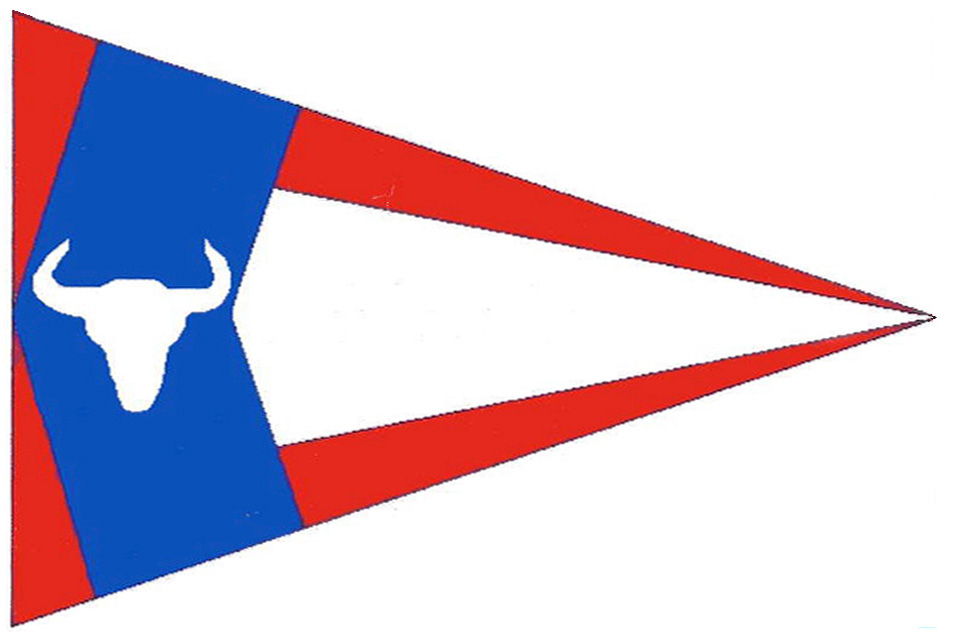|
|
A Unit of United States Power Squadrons® - District 28 Sail and Power Boating Boating is fun..We'll show you how |
 |
|
|
A Unit of United States Power Squadrons® - District 28 Sail and Power Boating Boating is fun..We'll show you how |
 |
Designed for members who plan to cruise for just a day or for a year--in either a sail or powerboat--this course covers the following topics:
The manual includes a twelve-month cruise planning timeline. The course is non-modular with one final exam.
This course is one night a week for eight weeks.
ENGINE MAINTENANCEThe new modular, more in depth Engine Maintenance courses are now available. Both of these courses are intended to help the recreational boater. Both courses discuss inboards, stern drives, and outboard engines. Even if you've completed EM before, these courses are well worth taking as they introduce new material and provide greater information on all subjects. Completion of both of these modules is required for credit for Engine Maintenance.
EM 101, Basic Engine Maintenance, provides information about marine propulsion systems, basic engine principles, engine components; controls, instruments and alarms, marine engine maintenance, and steering systems. There is a chapter on winter storage and spring servicing that includes a 25 step winterizing checklist.EM 102, Advanced Engine Maintenance, delves into cooling and exhaust systems, lubrication, fuel and air induction systems, ignition systems, electrical and starting systems, power trains, and trouble shooting. It concludes with a chapter on emergency repairs afloat.
This course is one night a week for eight weeks.
MARINE ELECTRONICS The Marine Electronics course consists of three modules: ME 101, Boat Electrical Systems, ME 102, Marine Radio Communications, and ME 103, Marine Electronics for Navigation. There are no prerequisites for any of these modules: however, it is suggested that a member take ME 101 before taking ME 102. All three modules must be successfully completed to receive credit for Marine Electronics.
ME 101, Boat Electrical Systems, provides information about properties of electricity, electrical power requirements and wiring practices, direct current power, alternating current power, galvanic and stray-current corrosion, lightning protection, and electrical interference.ME 102, Marine Radio Communications, delves into radio waves and transmitters, receivers and transceivers, antennas and transmission lines, FCC Rules and Regulations, FCC Frequency Plan, marine radiotelephone operating procedures, and other communication services (Emergency Position Indicating Radio Beacon (EPIRB), Digital Selective Calling (DSC), Global Maritime Distress and Safety System (GMDSS), satellite communications, amateur radio, and more).
ME 103, Marine Electronics for Navigation, presents information on depth sounders, RADAR, LORAN-C, GPS Navigation, and two new chapters: Electronic Charting, and Computer-Assisted Navigation (CAN). Members may take this module independent of any other ME module.
This course is one night a week for twelve weeks.
SAIL Building on the basics learned in Boating, Seamanship is an important foundation for other "advanced grade" courses. The student learns -
S101 - Seamanship
Marlinespike
Safety
The Skipper's Responsibilities
Before Leaving the Dock
Weather and Wave Forms
Nautical Etiquette and CustomsS102 - Boat Handling
Hull Design and Care
Docking and Undocking, Towing, Trailering
Anchoring, Rafting, Mooring and Dinghies
Cruising Considerations
Boating Emergencies - Be PreparedThis course is one night a week for ten weeks.
WeATHER This weather course will furnish basic weather knowledge for safer and more enjoyable boating. The student will learn to make weather predictions based upon observations of the sky, upon barometer and wind information, as well as weather data provided by maps, satellite images, and radio and TV broadcasts. Wx 101 and Wx 102 use a USPS supplement manual together with The Weather Book from USA Today (second edition, 1997) as the textbook.
Wx 101 - Basic Weather - topics include:Wx 102 - Advanced Weather - topics include:
This course is one night a week for ten weeks.
INSTRUCTOR DEVELOPMENT Unlike other USPS courses, the Instructor Development course is not designed to enhance boating skills. Rather, its emphasis is on enhancing instructor skills. The course has been designed to demonstrate interactive teaching methods focused on adult learning. Students are required to prepare lesson plans and give four presentations to their peers utilizing a variety of teaching aids and presentation skills. Each presentation is to be given on a topic from one of the public boating classes with the intent that upon completion of the course every student will be qualified to teach or proctor at a squadron boating class.
Fully developed suggested lesson plans for each chapter are contained in the instructor manual and PowerPoint presentations are available, as well as overhead transparency masters.This course is one night a week for eight weeks.
SKIPPER SAVER Man overboard is not the only emergency that can occur on a boat, but it may be the most dreaded. Skipper Saver teaches your family members and friends what to do and how to operate the boat if you become disabled for any reason from a fall overboard to something as simple as a sprained ankle or seasickness. This guide is must-reading for anyone who may have to take over operation of a vessel in an emergency..
Links to other pages on this website
Squadron Officers Boating Safety Classes Newsletter Commander's Message Advanced Courses Articles Officer Reports Elective Courses Calendar of Events Home Vessel Safety Check Squadron Activities
Copyright © 2011 Lake Mohave Power Squadron. All Rights Reserved.
Privacy Statement Disclaimer Statement Trademarks